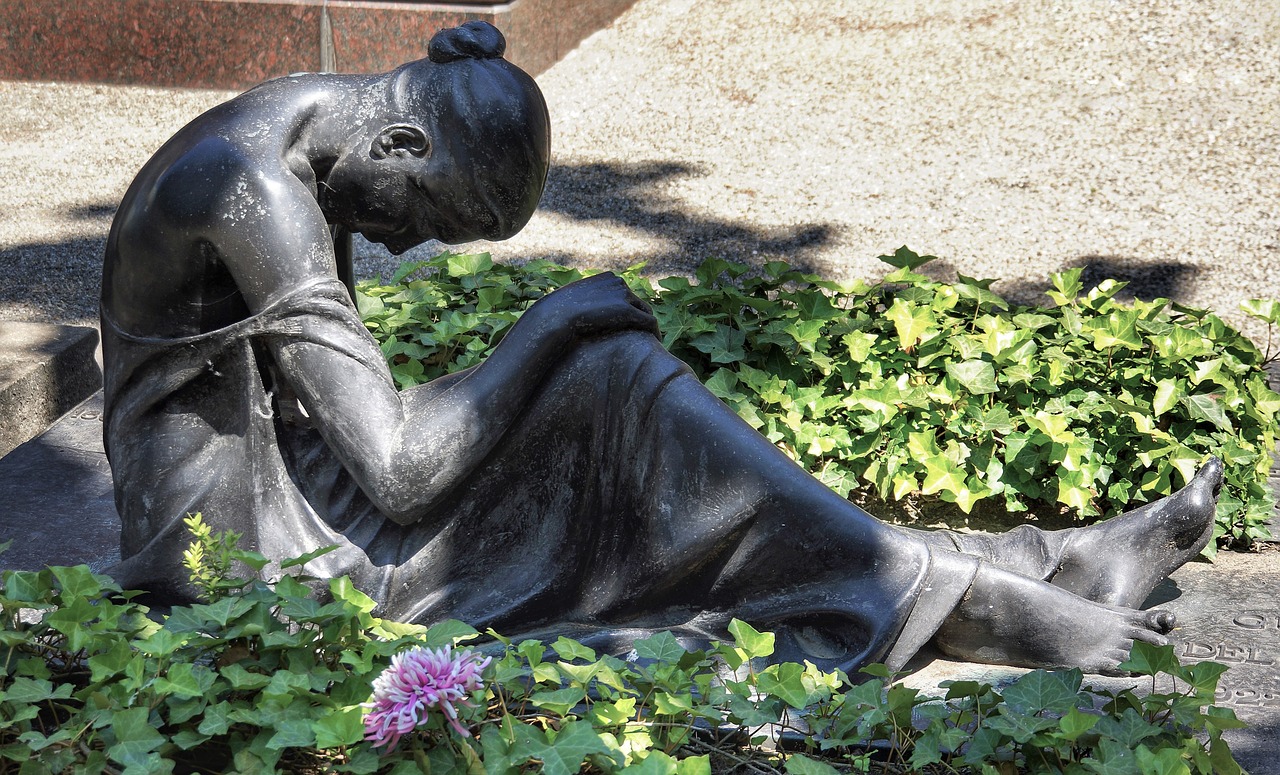Yet when the truth is put to them they often show that they are disturbed by the claim, and try to evade the issue. Yet it is so obviously true on scientific grounds that no plausible denial is possible. A few who deny it are so desperate that they even appeal to St Thomas Aquinas for support! They point out that he did not believe a human being existed until many weeks after conception. They overlook the fact that St Thomas is a reliable authority in matters of faith and philosophy but not in biology, where all he or anyone else had at the time was conjecture, for the necessary scientific evidence was lacking. But even so, his philosophical principles, when applied to the facts that modern science gives us, lead to the conclusion that a human being begins at fertilisation because he taught that a human being exists from the moment that the matter is ready for the human soul. [Katherine Brind'Amour writes at The Embryo Project Encyclopedia:
Summa Theologica delineates St. Thomas Aquinas’s opinion on the moral status of the embryo or fetus and the act of abortion. His discussion of sin, morality, and murder indicates his views on the development of life within the womb. These sections show that Aquinas believed in the progression of life from a “vegetable”-like, unanimated state to an animal life and finally to a human, animated state. Summa Theologica offers no defense of abortion as a permissible act at any stage in the pregnancy, but it does specify that once the fetus has become animated (when he believed ensoulment of the living human being took place), it is homicide to kill it. This measure of ensoulmentor delayed hominization (the belief that the embryo or fetus was not a human life with a soul until a particular event after conception) is typically equated with the stage at which quickening took place—defined by Aristotle as forty days for boys and eighty days after conception for girls. It is the concept of delayed hominization that seemingly pits these comments of St. Thomas Aquinas against the modern Roman Catholic Church; when it comes to ensoulment, the Church now defends the position that an embryo is infused with a human soul upon fertilization, making any intentionally procured abortion a sin of murder (because it kills a living being with a human soul). St. Thomas Aquinas’s opinion on abortion and fetal development receives much attention from people on both sides of the debate over abortion. Typically, pro-choice advocates claim that Aquinas’s position shows an inconsistency in Church belief throughout history on the topic and a defensible option for pro-choice Catholics, while pro-life advocates point out that Aquinas never discusses abortion as an acceptable option and furthermore would most likely not have maintained his delayed hominization theory had he been privy to the marvels of modern science.]







